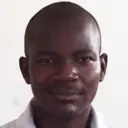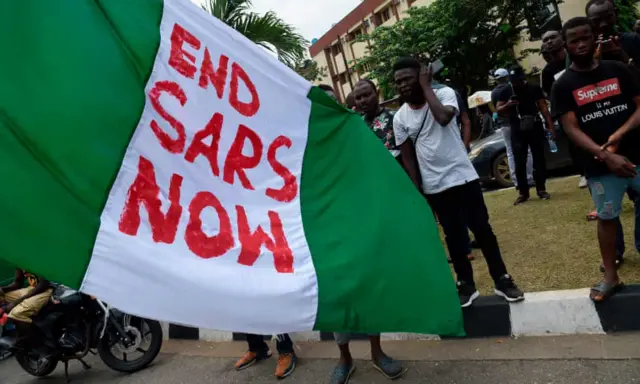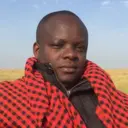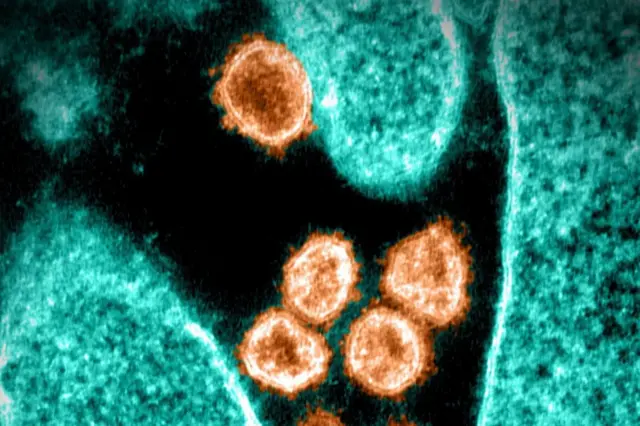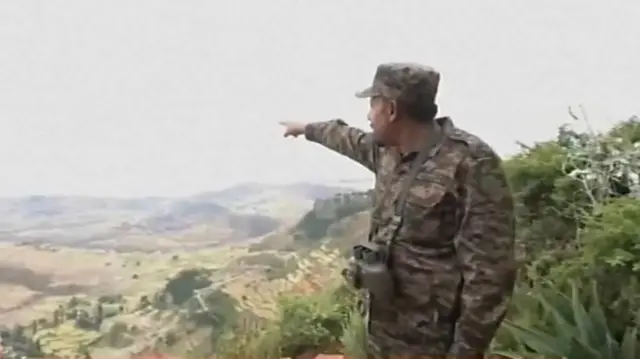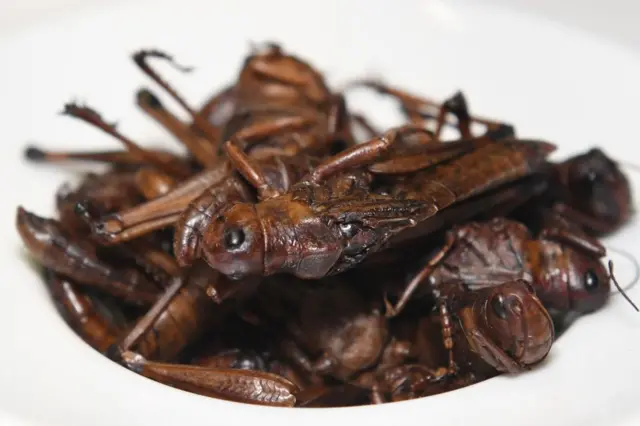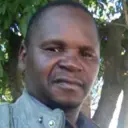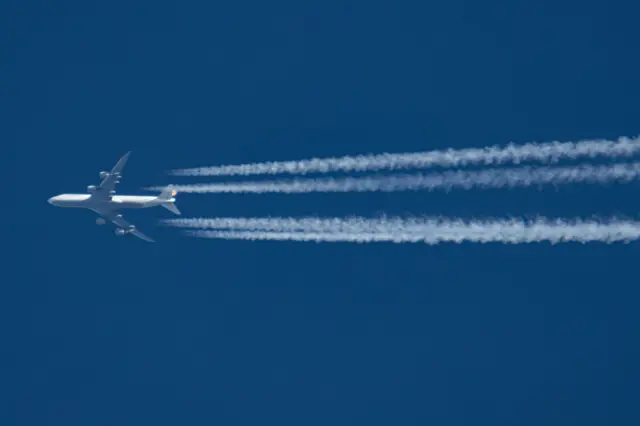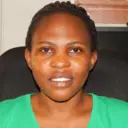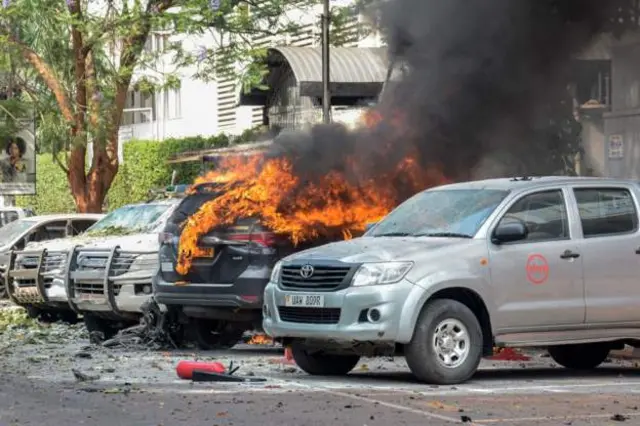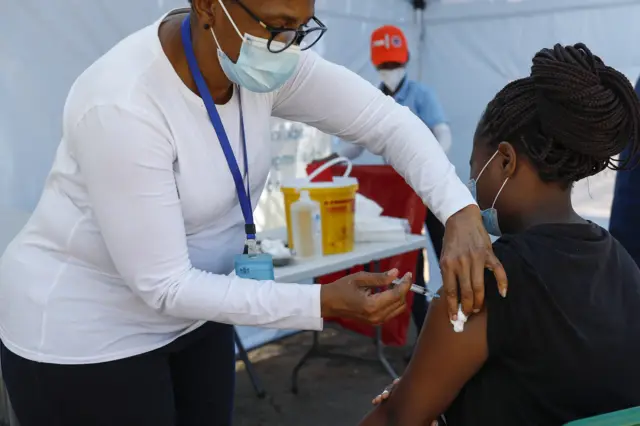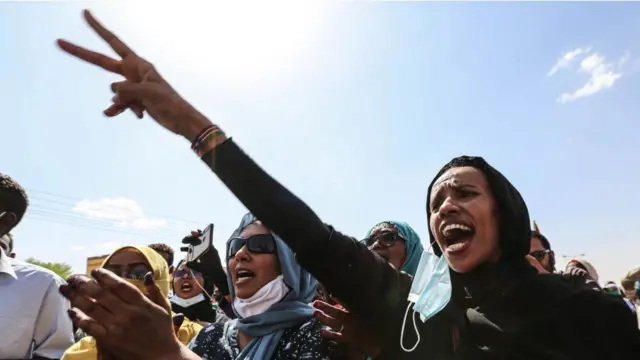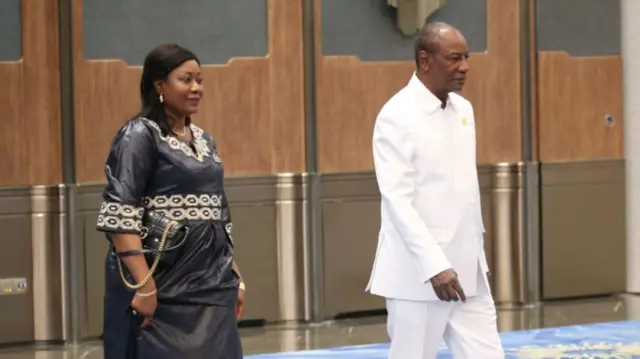Soldiers will carry sticks because of arms embargo - Kiirpublished at 17:16 GMT 30 November 2021
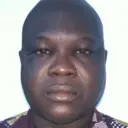 Nichola Mandil
Nichola Mandil
Juba
Graduating soldiers will carry sticks at their passing out parades because of a dearth of weapons in South Sudan since a UN embargo three years ago, the president has said.
Yet in recent months the US' acting ambassador to South Sudan has said there's no lack of weapons in the conflict-stricken country - but there is a lack of food.
"We have repeatedly informed the UN system about the negative impact of the arms embargo... all we have received in return are conditions that do not recognise progress achieved so far. We have no option other than to graduate these forces with sticks," said President Salva Kiir at a governors’ forum in Juba on Tuesday.
President Kiir and his former arch-rival, Riek Machar, now First Vice-President, formed a unity government in February last year and agreed, as part of a revitalised peace deal, to form a unified national army of 83,000 forces, a key part of the 2018 peace agreement they are yet to fulfill.
The embargo was due to expire in May this year, but it was renewed for another year.
